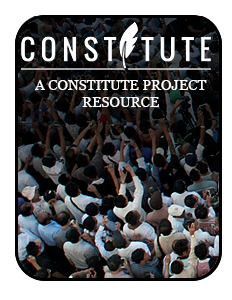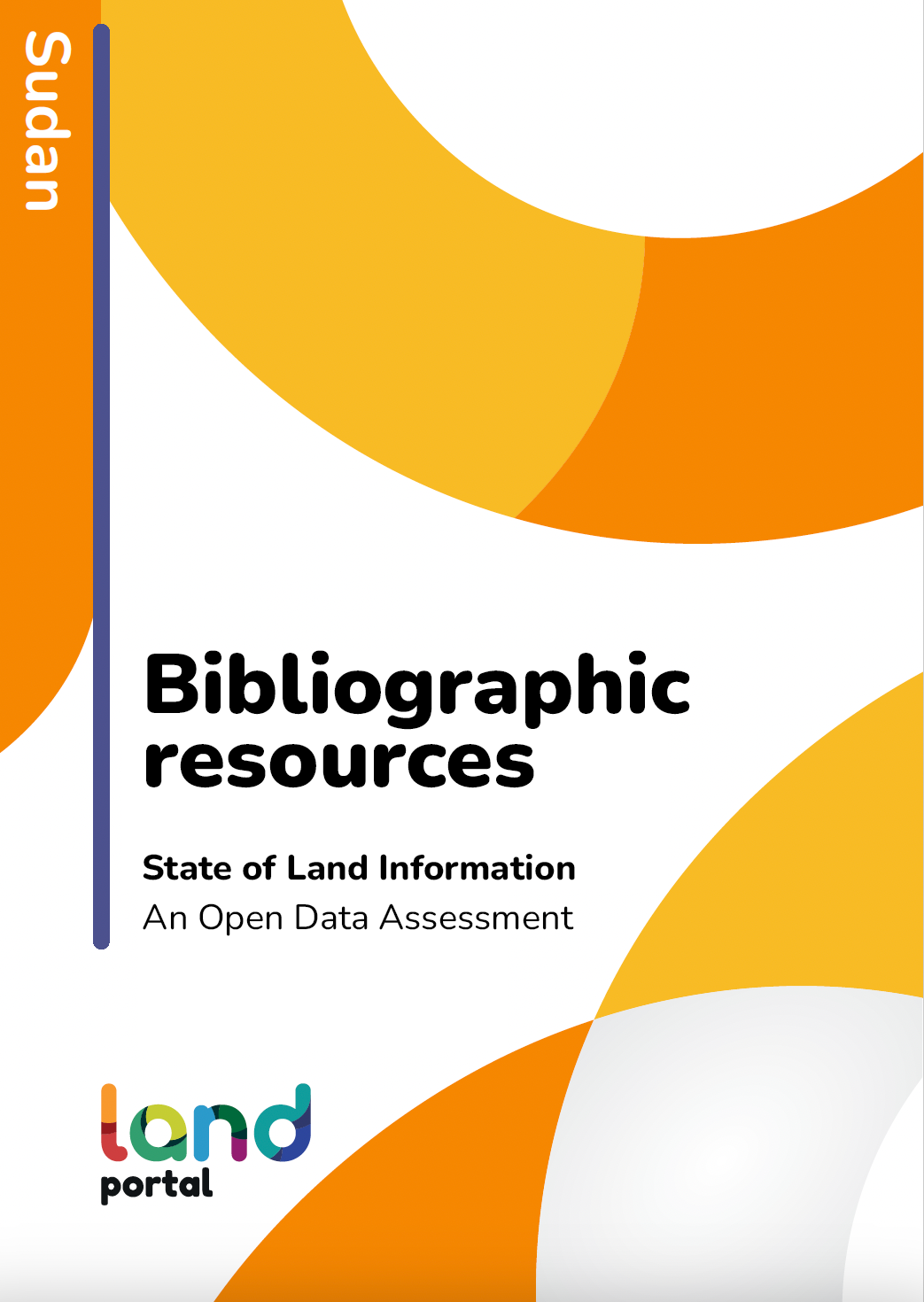Government of Sudan
Resources
Displaying 1 - 5 of 19Constitution of Sudan 2005
Constitution
Diciembre, 2005
Sudán
The constitution was approved by both the National Assembly and the National Liberation Council before being signed by the President.
Farmers protection law 1928 for regions; Qash/ Toker
Legislation & Policies
Sudan
Sub-Saharan Africa
Africa
Text extraction failed
Framework for transitional government program
Legislation & Policies
Sudan
Sub-Saharan Africa
Africa
Access to Land and Tenure
Reports & Research
Sudan
Sub-Saharan Africa
Africa
The document "Analysis across Darfur based on 8 studies -PBF fund" highlights the importance of land governance in resolving conflicts and building lasting peace in Darfur, Sudan. The Native Administration is identified as a vital local institution for mediating land disputes, and support from both the government and international actors is advocated to enhance their role. The establishment of the National Land Commission and the Darfur Land Commission is recommended, with a focus on developing clear mandates and frameworks to address unlawful land occupation.




